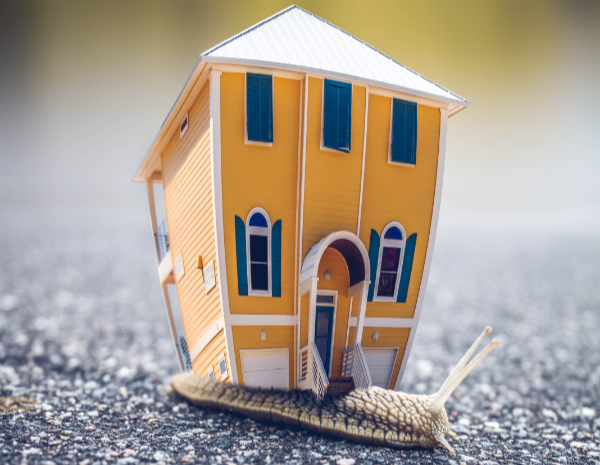Home /
Money Blog
How Much Would I Still Owe After Half The Time?
Note: You can use any financial calculator to do this problem, but if you want the BEST, you can
get our
10bii
Financial Calculator for iOS, Android, Mac, and Windows!
 Photo by Sarah Trummer from Pexels
Photo by Sarah Trummer from Pexels
THE SCENARIO
In
recent posts, I've covered the concept of making the equivalent of 13 payments per year on a mortgage in order to pay it off faster. It's become apparent that when the interest rate on the loan is higher, the payoff-acceleration effect is more pronounced. This time, I'll take the concept one small step further in preparation for what may end up being a conclusion to this topic next week.
To make things simple, I'll use the same loan as
last time: a 30-year fully amortizing mortgage for $175,000 at 11.25% interest. We found out last time that making enhanced payments would cut the length of the loan to around 20 years, but I've got an idea in mind to cut it even further. Therefore, I want to know how much I would owe after 15 years if I make normal payments (instead of enhanced payments).
The question: If I make my normal payment of $1,699.71, how much will I still owe on my mortgage after 180 months? That's the length of time I'd like to pay off my house in, but I need to know how much I'll owe.
THE SOLUTION
This one is pretty straightforward.
First things first, make sure the calculator is using 12 Payments per Year.
N: 180 (I want to know how much I'll owe after 15 years, which is 12 x 15 = 180 months)
I/YR: 11.25 (The interest rate on the loan is 11.25%)
PV: 175,000 (I borrowed $175,000)
PMT: -1,699.71 (My normal monthly payment is $1,699.71)
FV: (This is what I'm trying to find)
Halfway into my 30 year mortgage, I'll still owe $147,498.73. That's nearly 85% of the amount I borrowed!
After paying on my loan for half of its time, I've only paid down 15% of the principal. What does that tell you about how long-term loans work? Are there any changes you can make to your behavior to mitigate those effects? Let us know in the comments!
 Photo by Sarah Trummer from Pexels
Photo by Sarah Trummer from Pexels